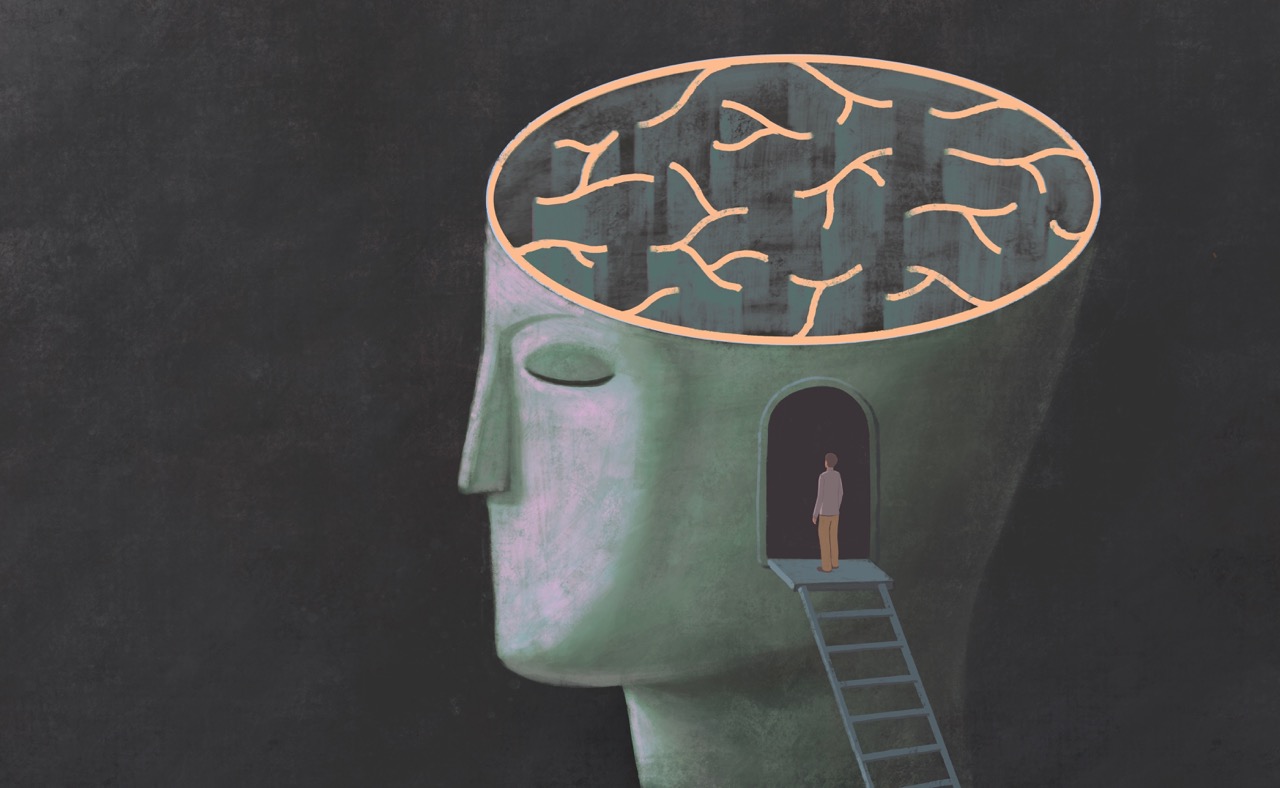Now more than ever: We need quality health information for all
Information can save lives – or cost them. As public health challenges abound, this truth becomes increasingly undeniable. Intensified global attacks on vaccines, driven by proliferating unreliable health information that some at the World Health Organization term an infodemic, have spawned a global resurgence of measles and undercut the future promise of mRNA vaccine technology. Yet many scientists and health officials have been slow to recognise that quality health information itself can mitigate these public health crises.
I was raised in a now distant era, when effectively communicated science, data and evidence formed the bedrock of rational decision-making in pursuit of societal health and happiness. My training as a physician and my graduate education at Harvard’s Kennedy School of Government – first earning a master’s in public administration in the late 1980s and three decades later as a senior fellow – reinforced my absolute belief in the value of a health system guided by ethical principles and humanistic concern. Those experiences taught me the importance of investment in communication alongside multisectoral engagement bringing together government, the private sector, civil society, communities and academia to support health equity and progress.
When the Pillars Start to Crack
Today this seemingly logical concept of ethical health communication with multisectoral engagement faces unprecedented threats. In the United States and globally, we see deep and indiscriminate funding cuts to health-related initiatives once considered essential to global solidarity. Institutions such as the WHO, Gavi, the US Centers for Disease Control and Prevention, USAID and PEPFAR – pillars of international health progress – today face retrenchment or outright dismantling.
The first seismic blow of 2025 was the demise of USAID. For me, as a veteran of the agency who helped design the strategic architecture for global health communication – an effort advanced in 65 countries since 2001 – it was heartbreaking to watch this premier development agency disappear. USAID was not only a funding mechanism but also a driver of innovation in health communication, pioneering efforts in global health and sustainable development. Its loss epitomises the importance of the theme of both this publication and this year’s World Health Summit, both focused on global health in a fragmented world. Indeed, it has never been clearer that health is always a political choice, not merely a scientific or technical one, and communicating health information is genuinely a political act.
The rise of the ‘Make America Healthy Again’ initiative in the United States has been promoted as a populist alternative to do what decades of ‘Healthy People’ agendas could not. The reality is that MAHA has exploited a rapidly changing political landscape to populate government health policy, implementation agencies and advisory bodies with scientific contrarians on an ideological mission. Wrapped in a flag of ‘medical freedom’, the initiative emphasises individual health decisions, while limiting the proper funding, infrastructure or information to support these choices.
The consequences are already visible. The US Preventive Services Task Force, long respected for its systematic evidence-based reviews, is now under siege. The CDC itself, once considered the gold standard for epidemiology and public health, has been disparaged by the US Secretary of Health and Human Services as a ‘cesspool of corruption’. This rhetoric has fostered hostility and increasing violence. The shooting at the CDC in August, motivated by anger over Covid vaccination policies, underscores the combustibility of political mistrust and misinformation.
The front line of truth
The global ripple effects are profound. The question facing us is urgent: what must we do?
First, we must recognise that safeguarding science and medicine is a global political imperative. Health professionals, researchers and institutions should be equipped not only with disciplinary expertise but also with people who embody skills in rhetoric, behavioural and social change communication, and advocacy – including the effective use of digital strategies.
Second, there must be renewed investment in health communication. Misinterpretation of evidence, data manipulation and the spread of falsehoods thrive in the absence of authoritative, accessible and trustworthy information. Universities, journals and professional societies must take responsibility for strengthening public trust, building communication capacity and advancing science beyond the bench and bedside in the digital milieu.
Recognising that access to information is emerging as a major determinant of health, the editors of Nature Medicine have established the new Commission on Quality Health Information for All that will develop a global framework to ensure equitable access to accurate, relevant and actionable health information. With my fellow co-chairs Heidi Larson, Lawrence Gostin and Carolina Batista, we will articulate a clear vision of a world where investment in quality information is acknowledged as essential to health, and where validated evidence guides both personal, community, national and global policy decision-making.
To achieve this, we must professionalise health communication as a distinct discipline that integrates political, cultural and social insights alongside evidence-based approaches. It requires harnessing digital tools, artificial intelligence and real-time strategic communication to advance health literacy. And it demands the training of a new generation of communicators who can operate effectively at the intersection of science, policy and society in the digital era.
The choice before us is stark. We can stand by as more than a century of scientific and public health progress is dismantled. Or we can unflinchingly affirm the core values of evidence, ethics, communication and global solidarity. Doing so will demand courage and coordinated action: the resolve to speak truth in the face of power. In today’s fractured world, quality health information is not an option. It is the front line of public health.












